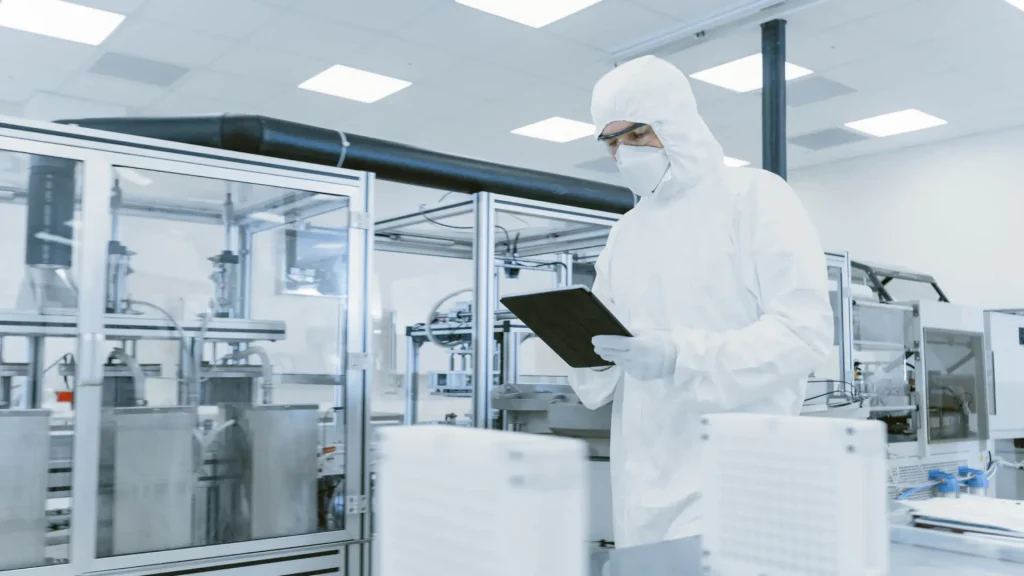
The client, a leading pharmaceutical manufacturing company, is renowned for its unwavering commitment to quality and adherence to regulatory standards. Sterility is a critical aspect of their production process, and autoclaves play a pivotal role in ensuring effective sterilization.
However, during the autoclave validation process, the client faced several challenges that threatened their compliance and operational efficiency.
The client encountered the following challenges during autoclave validation:
To address these challenges and ensure successful autoclave validation, the client sought the expertise of our company IncepBio, a specialized validation consulting firm with extensive experience in the pharmaceutical industry. We designed a comprehensive solution to overcome the identified challenges.
With our guidance and support, the client executed the recommended solutions, incorporating the following key steps.
The implementation of our solutions yeilded significant outcomes for the client.

The optimized autoclave validation process resulted in consistently reliable sterilization outcomes. This newfound consistency instilled confidence in the effectiveness of the sterilization process, ultimately ensuring product quality and patient safety.

The client successfully met and surpassed stringent regulatory requirements set by authorities such as the USFDA/MHRA/WHO. The standardized operating procedures and meticulous adherence to industry guidelines ensured compliance and minimized regulatory risks.

The improved validation process significantly reduced downtime and disruptions. As a result, manufacturing operations experienced fewer delays, leading to increased productivity, cost savings, and heightened operational efficiency.
Through a strategic partnership with our company, the client effectively tackled the challenges associated with autoclave validation in the pharmaceutical industry.
The optimized process, calibrated equipment, skilled validation personnel, and implementation of innovative practices such as capturing photographs for identification led to consistent sterilization results, regulatory compliance, and enhanced operational efficiency.
The client continues to leverage these solutions to maintain its reputation for exceptional quality and reliability in the pharmaceutical manufacturing sector, further solidifying its position as a leader in the industry.

No. 24, 22nd Main,
Marenahalli, J P Nagar 2nd Phase,
Bengaluru-560078
Follow us on
Copyright © 2025 IncepBio